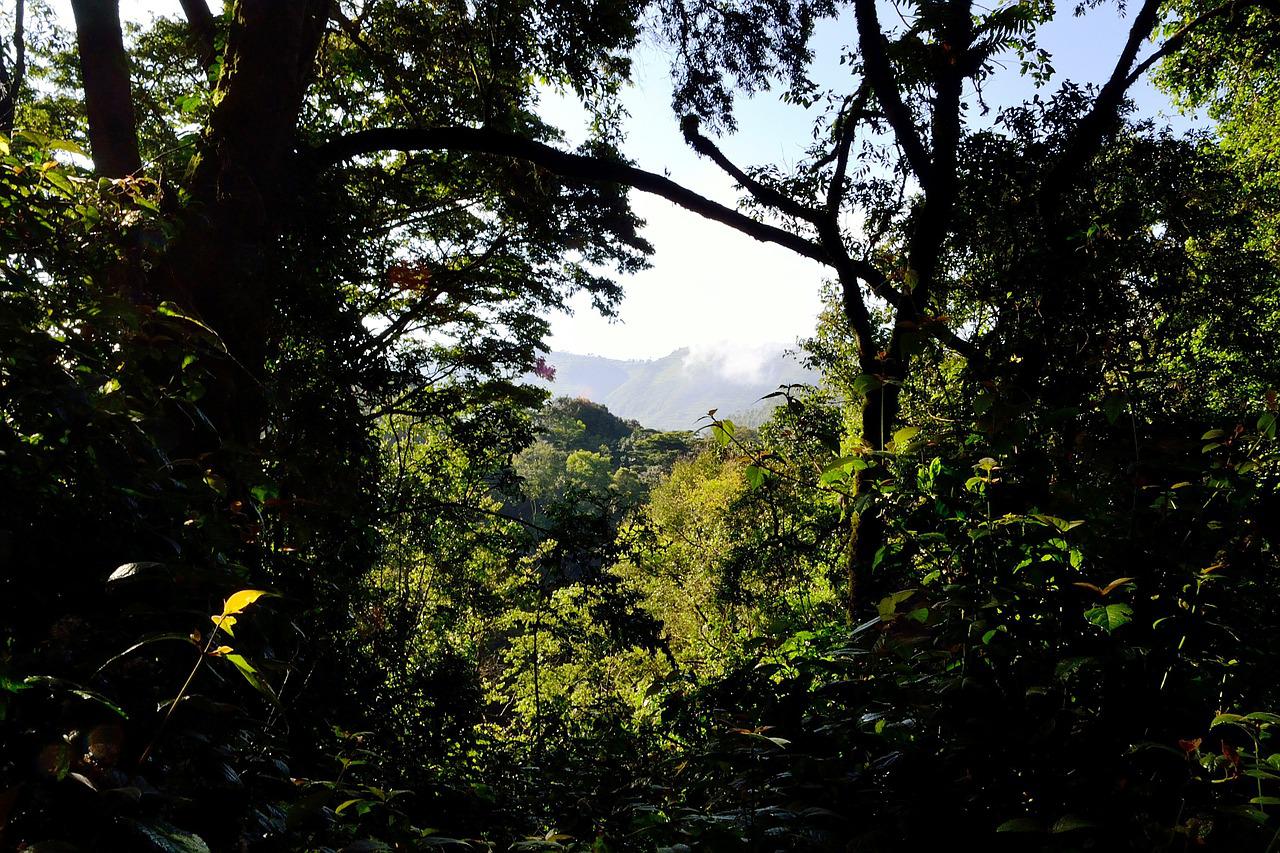The Global Coffee Platform (GCP) and the Partnerships for Forests (P4F) have signed a cooperation agreement designed to explore and promote agroforestry practices in coffee-growing regions of East Africa.
According to the organizations, the first phase of the partnership will run until at least July 23 and involve engaging with local stakeholders and communicating messages to the coffee sector.
Central to the partnership is the premise that regenerative agriculture practices and sustainable landscape governance can actually increase farmer incomes.
Recent field research in the coffee sector has suggested that agroforestry — which can be loosely defined as the conservation of trees and shrubs in farmland — can indeed improve farmer income through numerous potential pathways.
In addition to mitigating the effects of climate change, agroforestry systems can promote the prevalence of pollinators, which can improve fruit sets and yields, improve production stability from year to year, improve food security for small-scale farmers, provide additional revenue sources through intercropping, create new market opportunities, and more.
Related Reading
Landmark International Coffee Agreement 2022 Embraces Private-Sector Participation
Column: Coffee Has a Nitrogen Fertilizer Dilemma
Verité Launches Toolkit to Address Coffee’s Looming Labor Problems
An eight-year program funded by UK Aid, P4F is designed to mobilize resources for investments into sustainable forest programs and projects, with a particular emphasis on strengthening the demand for sustainable commodities.
“By exploring with Partnerships for Forests, the nexus between farmer income and agroforestry practices, we can look forward to viable learnings and results both on farmer prosperity while at the same time ensuring sustainable practices for coffee production in line with regenerative agriculture,” GCP Executive Director Annette Pensel said in an announcement of the partnership last week.
The Global Coffee Platform is a membership nonprofit organization designed to provide broad-scale sustainability frameworks for the coffee sector. Based in Bonn, Germany, and urging pre-competitive participation among its members, the GCP includes many of the world’s largest coffee producing, trading and roasting organizations. The group maintains the Coffee Sustainability Reference Code, which originally came about of the entry-level 4C sustainability code in 2004.
For the P4F partnership, the GCP plans to tap into its existing Country Platforms in Tanzania, Uganda and Kenya.
In last week’s announcement, GCP’s Pensel further noted that farmers have “for too long been challenged by low profitability, changing climate and fluctuating coffee prices, impacting their incomes and well-being.”
Does your coffee business have news to share? Let DCN’s editors know here.







Comment